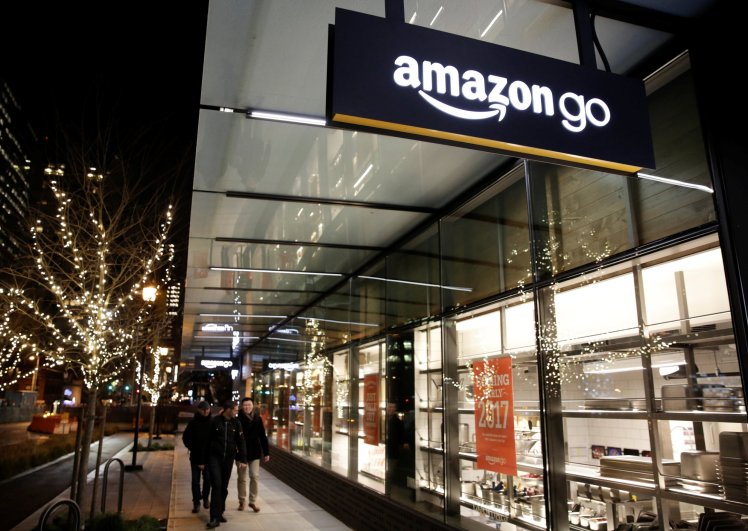 How better collaboration can help avoid the negative consequences of our actions
How better collaboration can help avoid the negative consequences of our actions
Not many people deliberately screw up. Some might, but the vast majority actually do try to do a good job. As a manager, when our team makes mistakes, we learn that our first assumption is that their intentions were good. It helps diffuse any anger, and helps give better, less emotional feedback.
But if intentions are usually good, why are so many of the things that go wrong so obvious in hindsight?
Recently there has been a lot of debate about the future of self-serve check-outs. They were originally a cost-saving measure dressed up as improved customer service. Operations directors will have considered the operational impacts, both positive and negative. They will have calculated the payroll savings, and they will have considered the biggest operational downside – shrinkage. It appears that some retailers may have underestimated this, but one assumes that tests will have been run, and the increase in theft will have been factored in (and perhaps mitigated by enhanced security).
But according to Retail Wire there are other unintended consequences, and unfortunately they are negative. It appears that self-checkout dramatically reduces impulse sales. Not something an operations team would consider, but something that a merchandising director would, and also manufacturers of products from batteries to candy would have been all too aware of. Mess with the check-out at your peril!
Manufacturers and marketers are not always better. I blogged recently about the scourge of poor compliance in shopper marketing activities, and across a number of forums and here on the blog many people posted about their own “case studies from hell” – where simple, avoidable consequences caused issued which destroyed activity ROI. New packaging that was impossible to read at a distance – the message was perfect but no-one saw it. Display units that don’t fit; products that weren’t available in the right size in the right stores: small oversights that could often have been avoided with input from another party.
A recent favorite of mine is a product that was to be launched by a client in Indonesia. The marketing team decided to launch at a lower price than the market based on some product acceptance research. The consequence of this slight change in pricing? Retailers saw the product as destroying category value and refused to list. Not a consequence the brand manager saw, but something a sales manager would have spotted.
We don’t have crystal balls, and we can’t be expected to foresee every possible implication of our activity. And that’s the point. We may not be able to foresee these things ourselves, but there is someone out there who, by dint of their personality or responsibility will look at things from a completely different perspective. And that, for me, is the greatest argument there is for more collaboration.
My experience in deciding who to collaborate with and when to engage them is as follows:
- If you’re not sure whether to consult someone, consult them. Consulting someone you didn’t need to is far less likely to lead to misery than ignoring someone whose input was essential.
- Brainstorm all of the people who might possibly be able to help, or who might be affected by your plans. Challenge to find a really good reason NOT to consult them – if there isn’t one – go talk to them.
- Consult them much earlier in the process than you think. Much earlier. Ask why are they not consulted from day one?
- Plan to connect with people twice as frequently as you think you need to. In that way, if a meeting gets cancelled for whatever reason, the delay in getting their input should not be critical.
So before you begin your next project, no matter how large or small, stop a moment and think who else out there might be able to help you predict the unintended consequences.




